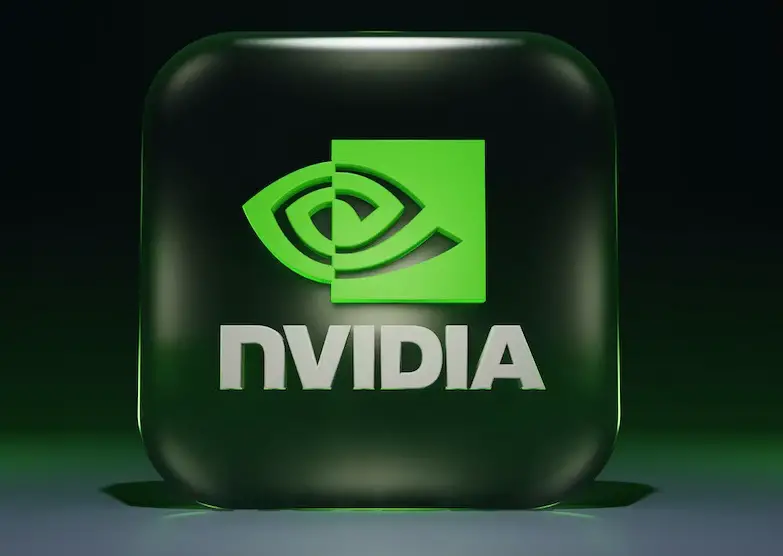On Tuesday, a company filing revealed that the US government has ordered semiconductor designer Nvidia to immediately cease all shipments of some of its high-end artificial intelligence chips to China.
A new series of semiconductor export restrictions has been released by the US Department of Commerce which have tightened the definitions of advanced AI chips, and added additional licensing requirements as preventative measures to prevent China from acquiring them.
The new restrictions were set to go into effect 30 days after October 17th, when the Biden administration had announced it was implementing measures to stop nations, including China, Iran, and Russia, from gaining access to advanced AI chips designed by US companies.
However on Monday, Washington informed Nvidia that the export restrictions would be going into effect that day, for all of the company’s products which exceed the new processor performance cap, and which are marketed or designed for data centers.
Although the company did not reveal why the US government had rushed the restrictions into effect that day, it said that it did not expect the move would have any near-term effect on the company’s earnings.
The newest export ban directs Nvidia to halt all deliveries of modified advanced AI chips A800 and H800 without a license. Both chips had been designed as alternatives to the A100 and H100 AI processors for the Chinese market, after the initial models were placed under a previous suite of restrictions in October of 2022.
The latest embargo is also affecting two other major US chipmakers reportedly, Advanced Micro Devices, (AMD), and Intel, which both supply AI semiconductor chips to China.
Intel, which exported its first shipment of its new Gaudi 2 chips to China this past July, said it was, “reviewing the regulations and assessing the potential impact.”

